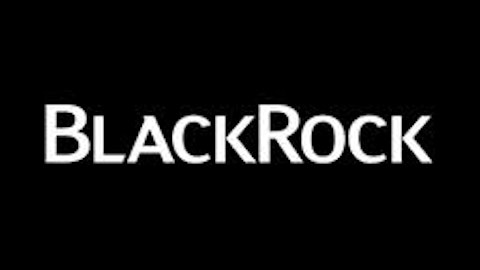Although shareholders are the real owners of a corporation, they don’t get to run the corporation on a day to day basis. Management gets to run the company, which may cause conflict of interest. Shareholder activism is a way in which the shareholders of a company attempt to influence the decision making.

In the past, shareholder activism led positive changes within Citigroup Inc (NYSE:C). The remaining of the investment thesis will look at some of the major decisions made during recent times at Citigroup and how they benefited the bank.
It started about a year ago when Citigroup Inc (NYSE:C)’s shareholders rejected the compensation plan for its top executives, including the then CEO Vikram Pandit. About 65% of the votes were not in the favor of the compensation plan as shareholders were of the opinion that Mr. Pandit would be able to collect millions of dollars in annual compensation too easily.
In short, the shareholders thought the plan should have been tied more to performance. This was the first time among the six largest U.S. banks who rejected top executives’ compensation plan.
The same year, Mr. Pandit resigned. Although there were a lot of reasons for the resignation, including the dispute with the Fed that denied Citigroup Inc (NYSE:C) to start its dividend payments, I believe it was shareholder activism that led to the final resignation of the then CEO.
The dismissal of Mr. Pandit led Citigroup to focus on its core business and improve efficiency. This resulted in an outstanding first quarter performance with both top and bottom lines beating their respective estimates. Citigroup reported better revenue in a challenging environment, where most of its peers missed their revenue estimates.
Citigroup reported 3% sequential growth in revenue to $20.8 billion. Besides, the bank was able to curtail its operating expenses as they plunged 2% year over year, while the capital position, measured by its Basel III Tier 1 common ratio improved 60 bps to 9.3%.
In the latest show of activism, shareholders at Citigroup approved the compensation plan for 2012. The plan won support after 90% of the votes were cast in favor of it. The new plan includes an $11.5 million annual package for the new CEO, including $4.2 million in cash bonuses. The new plan would now be tied to performance.
Since the new compensation plan is more tied to performance, management at Citigroup will be more focused to embark on an overhaul of the bank’s operations. They will be more determined to implement the announced 11,000 job cuts and the shutting down of branches from regions where results don’t improve.
Going forward, I believe shareholder activism and good corporate governance practices will avert risks which lead to losses, such as the one incurred at America’s largest bank by asset, JPMorgan Chase & Co. (NYSE:JPM).
